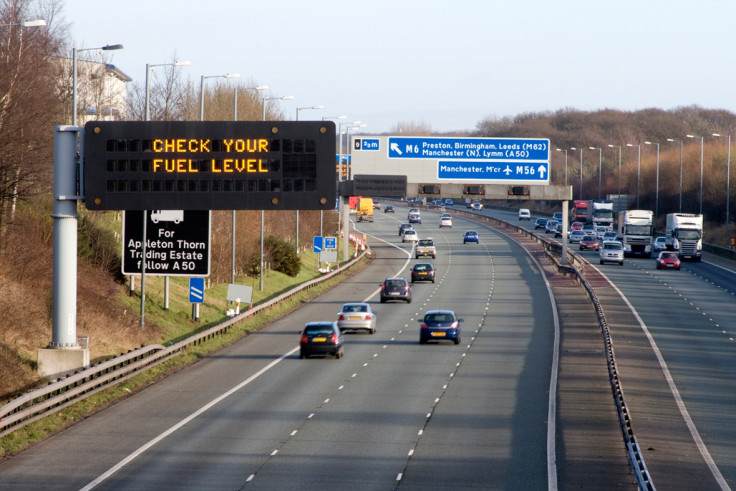Diesel cars can help tackling air pollution, claims industry group
Government report claims diesel cars can emit up to six times more NOx on road than they do in emissions tests.

Britain's car industry has defended diesel cars, dismissing recent criticism about the vehicles and claiming the current models are the cleanest in history.
In fact, according to the Society of Motor Manufacturers and Traders (SMMT), diesel cars could play an important role in tackling air pollution, as towns and cities across Britain look to implement stricter measures against polluting vehicles.
A government report released in April last year showed diesel cars being sold in Britain on average produce an amount of nitrogen oxide (NOx) six times higher in real-world driving than the legal limit used in official tests.
However, in a document released on Monday (10 April), the SMMT argued the report, along with other recent studies on diesel cars, failed to differentiate between the current fleet of diesel vehicles and their older counterparts.
Unlike the latter, the former comply with Euro 6 emissions standards and most of the modern diesel cars are fitted with a system that transforms NOx into nitrogen and water – which are both environment-friendly – before it is released from the exhaust.
"Euro 6 diesel cars on sale today are the cleanest in history," said SMMT chief executive Mike Hawes.
"Not only have they drastically reduced or banished particulates, sulphur and carbon monoxide but they also emit vastly lower NOx than their older counterparts – a fact recognised by London in their exemption from the Ultra Low Emission Zone that will come into force in 2019."
Following last year's report, the government has mooted a number of schemes to encourage drivers to swap diesel cars for other vehicles. However, the SMMT's "10 facts you need to know about diesel" report showed the number of diesel vehicles registered last month was close to 250,000, the highest number in history.
Hawes added: "In addition to their important contribution to improving air quality, diesel cars are also a key part of action to tackle climate change while allowing millions of people, particularly those who regularly travel long distances, to do so as affordably as possible."
London Mayor Sadiq Khan last week unveiled plans to charge diesel cars driving into the city in an attempt to tackle the capital's air pollution. By 2019, drivers of diesel cars that are more than four years old and drivers of petrol cars that are older than 13 years will pay £12.50 a day on top of the congestion charge.
However, the SMMT contested Khan's decision, claiming diesel cars were not the main source of air pollution in London. "Contrary to recent reports, diesel cars are not the main source of urban NOx," it said.
"In London, gas heating of homes and offices is the biggest contributor, responsible for 16%. While road transport as a whole is responsible for around half of London's NOx, diesel cars produce just 11%, although concentrations will vary at different times depending on congestion."
© Copyright IBTimes 2025. All rights reserved.






















